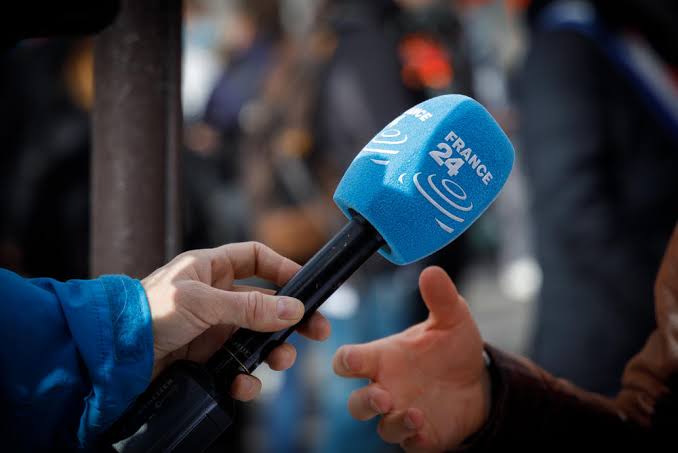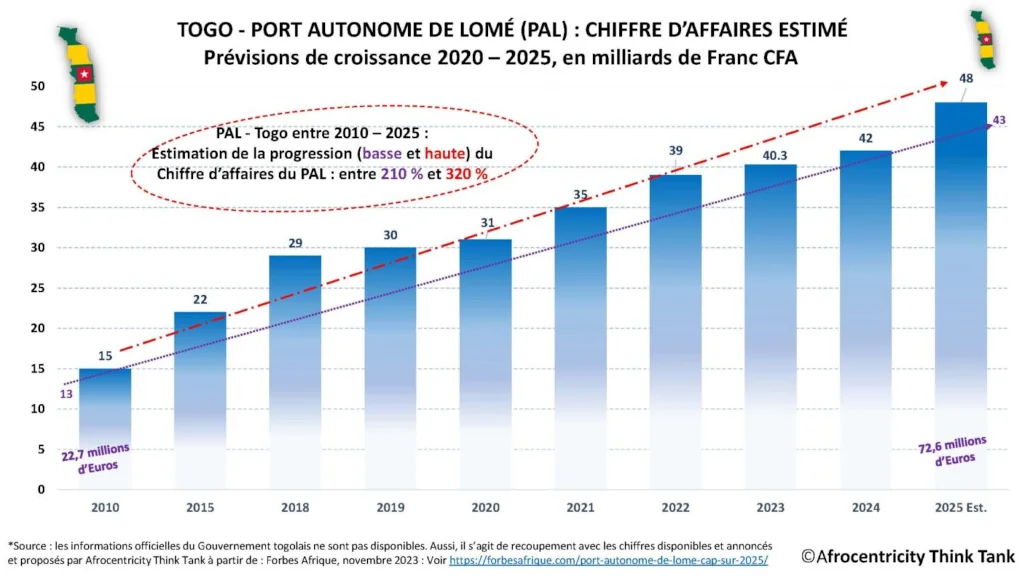Togo’s media regulator has ordered a three-month suspension of two major French broadcasters, France 24 and Radio France Internationale (RFI), accusing them of repeatedly violating journalistic standards during a period of growing political unrest in the country.
In an official statement dated June 16, the High Authority for Audiovisual and Communication (HAAC) justified the suspension by citing “repeated breaches… in terms of impartiality, accuracy, and fact-checking.” The authority claimed that recent broadcasts by both outlets had “relayed inaccurate, tendentious remarks, even contrary to established facts,” and accused them of harming the “stability of republican institutions and the image of the country.”
“The pluralism of opinions does not authorize the dissemination of falsehoods or biased representations of current events,” the HAAC stated, emphasizing that the rules governing journalism in Togo apply to all, “without distinction.” It concluded by reaffirming the government’s commitment to a “free, responsible, and professional press… in service of fair and balanced information.”
A way to limit international media coverage amid protests ?
The suspension comes just days after a TV5 Monde correspondent, Flore Monteau, was detained by gendarmes while covering anti-government protests on June 6. Monteau was allegedly forced to delete footage of the security forces’ response to the demonstrations, despite holding valid press credentials. She was released hours later without charges.
The move against foreign media occurs against the backdrop of growing civil unrest in the country. Activists have called for new nationwide demonstrations on June 26, 27, and 28 to protest the decades-long rule of President Faure Gnassingbé, in power since 2005, following the death of his father who ruled since 1967.
International press freedom advocates, including the Committee to Protect Journalists (CPJ), have condemned the mounting pressure on journalists in Togo. “Togolese authorities must put an end to such abuses and ensure safe reporting conditions during public events,” said CPJ’s Francophone Africa representative Moussa Ngom.
As tensions rise and protests loom, critics warn that the suspension of foreign media could further limit independent reporting and deepen the information blackout for both domestic and international audiences.




